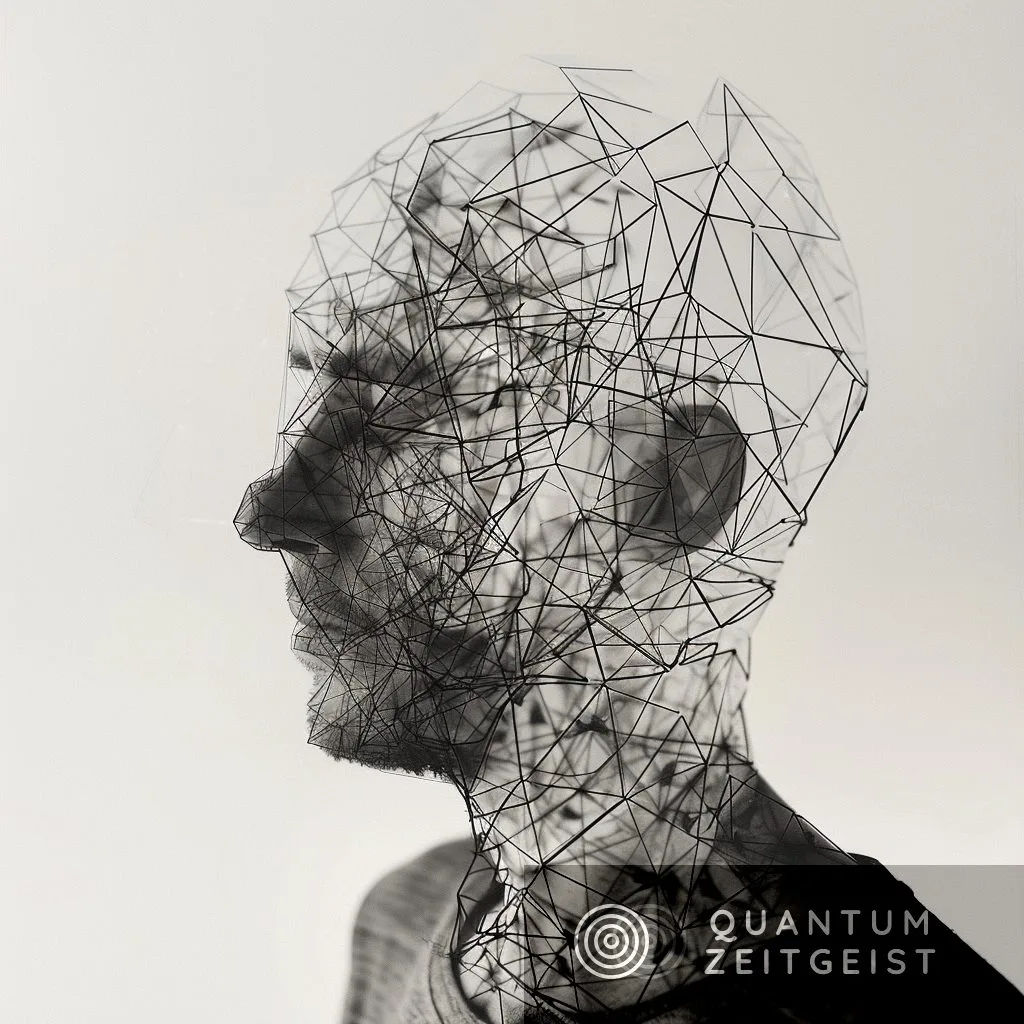The intersection of quantum computing and artificial intelligence (AI) holds immense potential for reshaping AI capabilities, according to a paper by Raveesh Gupta, a student at Netaji Subhas University of Technology Delhi. Quantum computing, which leverages quantum bits or qubits, could enhance AI by accelerating complex computations and enabling new machine learning algorithms. The paper also discusses the role of AI chips, or neural processing units, which are designed to efficiently perform AI tasks. Recent developments have seen successful implementations of AI algorithms on quantum hardware, and the future of AI and quantum computing promises to revolutionize sectors like healthcare and finance.
What is the Intersection of Quantum Computing and AI?
Quantum computing and artificial intelligence (AI) are two of the most transformative technologies of our time. The intersection of these two fields is a rapidly evolving landscape that holds immense potential for reshaping the capabilities of AI systems. Quantum computing, a cutting-edge field that harnesses the principles of quantum mechanics to revolutionize computation, has the potential to profoundly impact AI.
Quantum computers leverage quantum bits or qubits, which can exist in multiple states simultaneously due to superposition and entanglement. This fundamental difference in computing architecture holds promise for enhancing various aspects of AI, from accelerating complex computations to enabling new algorithms for machine learning and optimization tasks. The principles of quantum mechanics, such as superposition and entanglement, are reshaping the capabilities of AI systems.
The paper by Raveesh Gupta, a student at Netaji Subhas University of Technology Delhi, provides a comprehensive review of the evolving landscape at the intersection of quantum mechanics and AI. It explores the profound impact of quantum computing on AI methodologies and applications, highlighting the potential for accelerated training speeds and enhanced computational power.
What are AI Chips and How Do They Work?
AI chips, also known as neural processing units (NPUs) or AI accelerators, are specialized integrated circuits designed to perform artificial intelligence tasks efficiently. These chips are optimized for the computational demands of AI workloads such as deep learning and neural network processing. Unlike traditional central processing units (CPUs) or graphics processing units (GPUs), which are more general-purpose in nature, AI chips are specifically tailored to execute the matrix and vector operations commonly found in AI algorithms.
AI chips often feature parallel processing architectures and specialized instructions to accelerate matrix multiplications, convolutions, and other operations commonly used in neural networks. They may also include dedicated memory and storage components optimized for AI workloads, reducing data transfer bottlenecks and improving overall performance. These chips are used in a variety of applications including image and speech recognition, natural language processing, autonomous vehicles, and more.
As AI continues to advance and demand for AI-driven applications grows, the development of specialized AI chips becomes increasingly important for achieving high performance and energy efficiency in AI systems.
What are the Recent Developments in Quantum Computing and AI?
Recent research and developments have shown successful implementations of AI algorithms on quantum hardware. For instance, RN Das et al. (2018) have showcased advanced superconducting interconnect technologies capable of facilitating various flip chip 3D integrated configurations and packages that align with high coherence superconducting qubits. By utilizing superconducting indium micro bumps and underbump metal (UBM), they’ve successfully linked superconducting qubit chips to readout and control modules while preserving superior qubit coherence.
The superconducting readout and control modules are adaptable to both niobium and aluminum-based circuit and amplifier fabrication processes, including the implementation of shadow evaporated aluminum or NbAl/AlOx/Nb trilayer Josephson junctions (JJs). Results encompassing up to 16 active superconducting chips equipped with trilayer junctions bonded to a passive superconducting module have been presented.
Furthermore, the paper delves into packaging strategies aimed at developing a quantum to classical interface within a cryogenic environment featuring multiple temperature stages.
What are the Future Prospects of Quantum Computing and AI?
Looking ahead, the paper discusses future prospects and potential directions for research, envisioning a landscape where quantum computing becomes an integral component of AI systems, unlocking unprecedented levels of performance and enabling breakthroughs in areas such as optimization, pattern recognition, and decision making.
The paper aims to guide researchers and practitioners in navigating the complex interplay between quantum mechanics and AI, paving the way for transformative advancements in both fields. It examines emerging trends in quantum-enhanced AI, including quantum machine learning algorithms and quantum-inspired optimization techniques.
The future of AI and quantum computing is promising, with the potential to revolutionize various sectors, from healthcare to finance, by providing solutions to complex problems that are currently beyond the reach of classical computers. However, there are still many challenges to overcome, including the development of reliable quantum hardware and the creation of efficient quantum algorithms.
Conclusion
In conclusion, the intersection of quantum computing and AI is a rapidly evolving field with immense potential. The principles of quantum mechanics, such as superposition and entanglement, are reshaping the capabilities of AI systems, enabling accelerated training speeds and enhanced computational power. The development of specialized AI chips and advancements in quantum hardware are key to harnessing this potential. As research continues and technology advances, quantum computing is set to become an integral component of AI systems, unlocking unprecedented levels of performance and enabling breakthroughs in various fields.
Publication details: “Quantum Computing and AI”
Publication Date: 2024-05-04
Authors: R. S. Gupta
Source: International Journal For Multidisciplinary Research
DOI: https://doi.org/10.36948/ijfmr.2024.v06i03.17789

